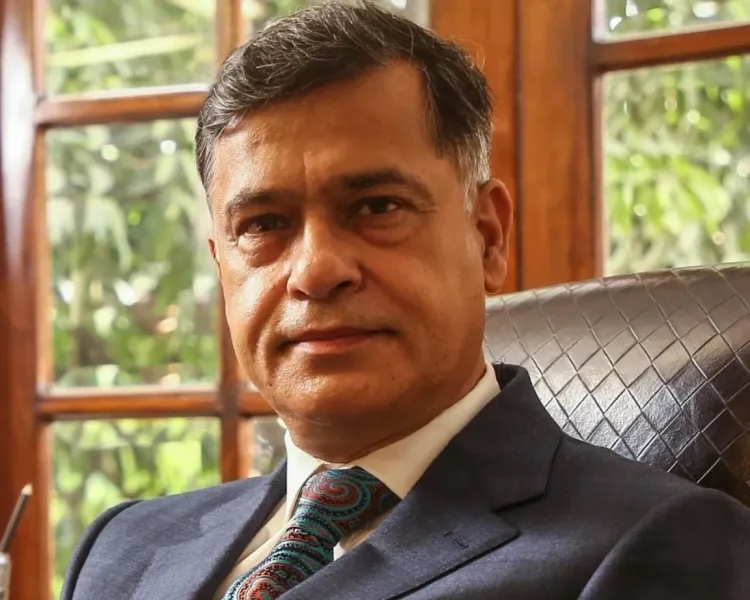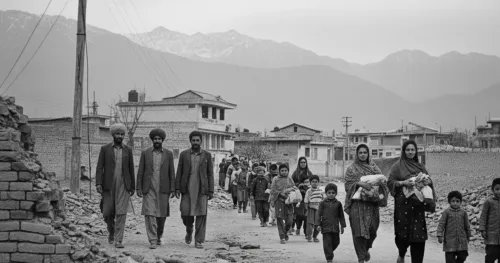What Issues Related to Federalism Are Raised by the Presidential Reference?

Synopsis
Key Takeaways
- Presidential reference highlights federalism issues.
- Questions the powers of Governors and President.
- Supreme Court's role in governance is critical.
- Citizens' rights to governance must be upheld.
- Historical precedents inform current discussions.
New Delhi, May 15 (NationPress) Former Additional Solicitor General Sidharth Luthra stated on Thursday that the reference made by President Droupadi Murmu following the Tamil Nadu Bills case presents significant challenges related to federalism.
The Presidential reference made under Article 143 of the Constitution raises an essential query: Can a Governor or the President delay legislation, and does it nullify governance? questioned Luthra.
“This matter extends beyond the powers of the President, the Governor, and both the Centre and State; it fundamentally concerns federalism,” he emphasized.
The constitutional authority indicated that a pivotal question remains: Can authorities obstruct a citizen's right to effective governance?
Furthermore, he highlighted the need to address how citizens' rights to governance will be upheld. “Citizens elect their representatives, including MPs and the ruling party. They anticipate governance in return. Legislative action is a component of governance, and if a Governor halts a bill, are we not depriving citizens of governance?” he inquired.
Luthra pointed out that the principle of separation of powers and the extent of the Supreme Court’s authority under Article 142 are critical aspects the Constitution Bench will evaluate regarding President Murmu’s reference, which invokes the top court’s advisory jurisdiction.
He referred to a similar reference from the aftermath of the 2G spectrum auction, stating, “This current reference is distinct from the opinion provided by the Supreme Court in the earlier case.”
After the Supreme Court invalidated the 2G airwave allocation, the government sought the apex court's guidance on the path forward and clarity regarding the Centre's powers.
Luthra acknowledged the significance of the President's current reference due to the profound issues it raises.
“It’s crucial to consider not only the posed questions but also the underlying issues. The scope of the Supreme Court's powers under Article 142 has also been brought into question,” he stated.
“This reference aims to determine the future course of action and the extent to which the Supreme Court instructs governments, Governors, and the President regarding their jurisdictions,” he added.
Luthra noted, “Keep in mind that the decisions concerning Governors and the President regarding remission are already subject to judicial review within very narrow parameters.”
Article 142 of the Constitution allows the Supreme Court to issue any necessary orders to ensure complete justice in any pending case or matter.
Following the Supreme Court's ruling in the Tamil Nadu Bills case, President Murmu, through a reference under Article 143, has requested the apex court to explore whether timelines can be established for Governors to act on bills in the absence of a constitutionally designated time frame.









